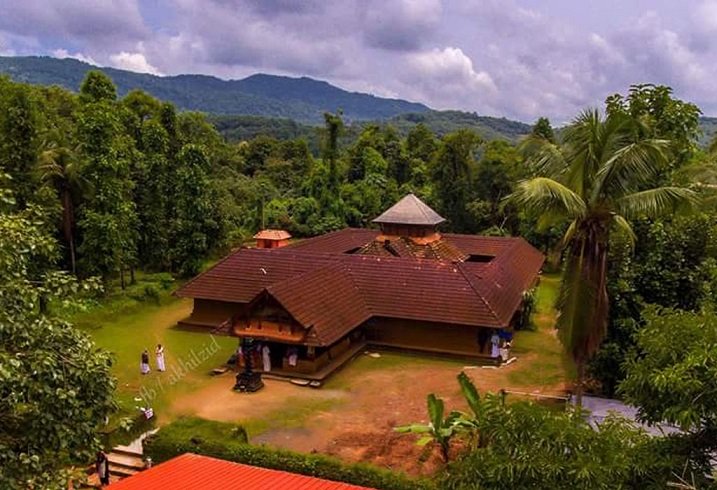MMORPGs in the 90s and 2000s used to rely exclusively on monthly subscriptions. That's how they paid for the servers to run them.
That's all well and fine, but even the most expansive games of that era capped out at 100 hours at most of "unique" content.
Most core gamers would finish within two months and quit. That's unsustainable.
So, how do you keep people playing? There are a few methods.
There is tried and true level grinding, of course. Make it take forever to level up.
But that's finite. How do you extend that further?
Make players do it all over again. If you want to play a different class, start over from scratch.
But you can't have a game that's only about leveling up. You need customization.
Thus, these games have weapons and armor along with currency to buy it. Now we also have gear progression.
This gear also serves the dual function of being visible bragging rights, but only if there's a sense of exclusivity. To get that, you need gear that's difficult to get and can't be traded.
The easy way to do that is to have it drop from a very tough enemy, but it wouldn't have much meaning if everybody could freely fight and get this item in no time at all.
You can make the chance of it dropping low, but it wouldn't matter much if you could just spam it over and over again. There needs to be another limiting factor.
Why not make it a group event?
If you need numerous players to succeed, that limits its availability. You have to work around people's schedules.
But even with that, a dedicated group will churn that out over a few evenings.
What's another limiting factor to prevent exactly this?
Enter the arbitrary timer. That dungeon with the tough dragon that has the Sword of Brutality that only has a 1% chance of dropping now has a once a day limit.
It now takes, on average, 100 days to get one of them.
But what if you could take that even further by applying it to everybody on the server?
Time to roll out the world spawn. That dragon now spawns on top of a big tree once every day or so. Everybody has to compete to be the ones to kill it.
To shift gears a little, these games also fostered a cottage industry of "gold farmers". In exchange for real money, they sell you in-game currency and services.
Don't want to grind levels? Pay somebody to do it for you.
Gold farmers work on two fronts. They need to get the product to sell, of course, but they realized they could also create demand for it. Gold farming became just as much about *denying* your ability to get money and items as it was about getting them to sell in the first place.
Most corporate gold farming went for easy targets that required little attention and thus could be automated so one person could control multiple characters. They'd use whatever hacks they could get away with, of course. Warp on top of monsters as they spawn, etc.
But why limit your ambition there? Low level items only matter for low level players. They're temporary. People frequently skip them if they can't afford them.




































